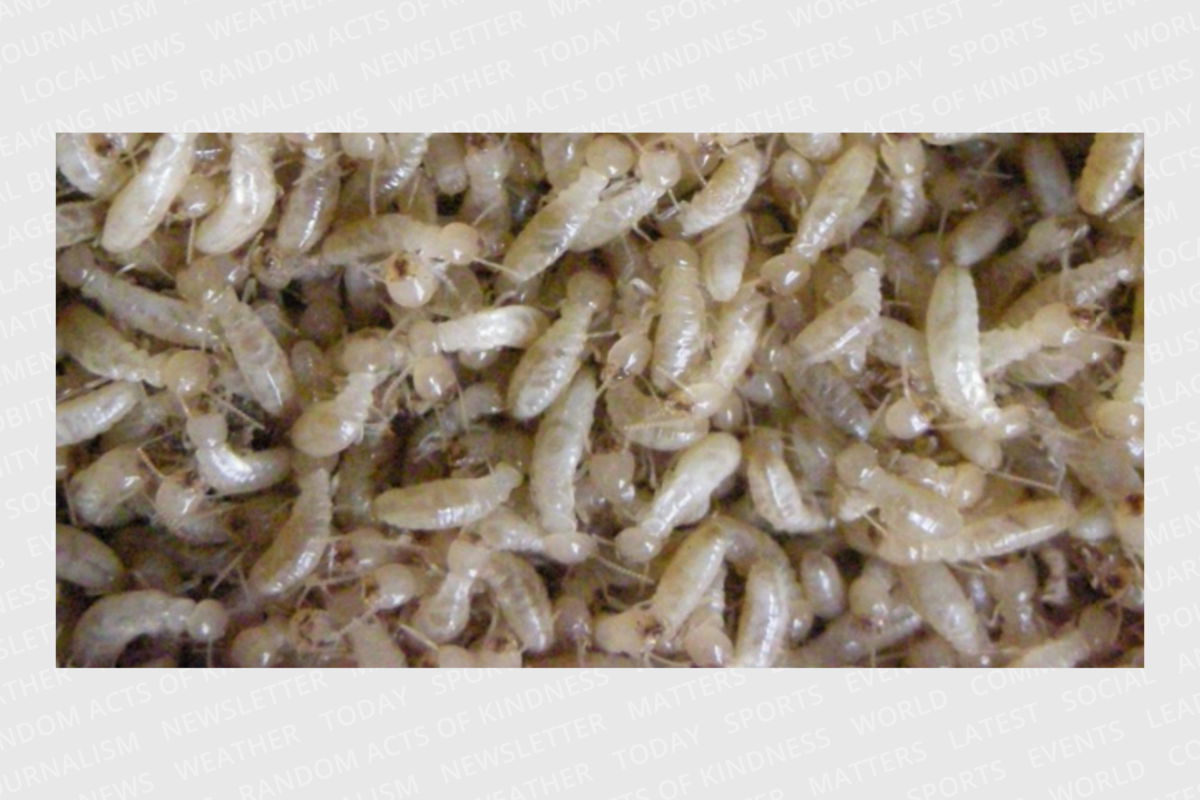Hyderabad: A medical miracle was discovered from a rather unusual source – Mang Mao insects (winged termites). Investigations on the (scale) wings of the insects collected on the campus of Osmania University (OU) revealed silver nanoparticles with antibacterial and antifungal properties. These insects are attracted to light during the monsoons.
The antioxidant and antimicrobial properties of silver nanoparticles could find application in biomedicine and agriculture. The researchers from OU and other institutes found that the (nano) particles are also effective against bacteria such as ‘Staphylococcus aureus’. So far, the biosynthesis of silver nanoparticles comes from plant extracts, algae, microorganisms and metabolites.
The study “Silver Nanoparticles from Insect Wing Extract: Biosynthesis and Evaluation of Antioxidant and Antimicrobial Potential” was recently published in the journal “Plos One”.
Researchers Parameshwar Jakinala, Nageshwar Lingampally, Bee Hameeda from the OU Department of Microbiology; RZ Sayyed from Maharasthra; Yahya Khan M from Kalam Biotech, Hyderabad; Elsayed Ahmed Elsayed and Hesham El Enshasy from Egypt carried out the study to investigate an environmentally friendly, inexpensive and novel biomaterial for the bio-production of silver nanoparticles.
According to the researchers, wing termites are common and rich in proteins, polysaccharides, and lipids. These social insects are divided into three groups – soldiers, workers, and queens. After a heavy rain, the winged termites fly out in large numbers at night and approach the lights. The next day they lose their wings and die from lack of moisture. Mang Mao insects are nutrient-dense and consumed in several Asian countries, including rural areas in India. They are also used to feed chickens, fish, and birds.
The insect scale wings were collected from the OU campus, washed with distilled water to remove dust, and stored in airtight containers at room temperature.
The researchers said, “Silver nanoparticles extracted from the insect wings show potent antioxidant activities (around 66 to 87%). These particles have antimicrobial activities with a maximum zone of inhibition against ‘Staphylococcus aureus’, the bacteria that cause skin diseases and affect other parts of the body, and the fungus ‘Fusarium oxysporum’, which causes diseases in plants. The antioxidant and antimicrobial properties of silver nanoparticles can find applications in biomedicine and agriculture, ”they said in their study.
FacebookTwitterLinkedinE-mail








